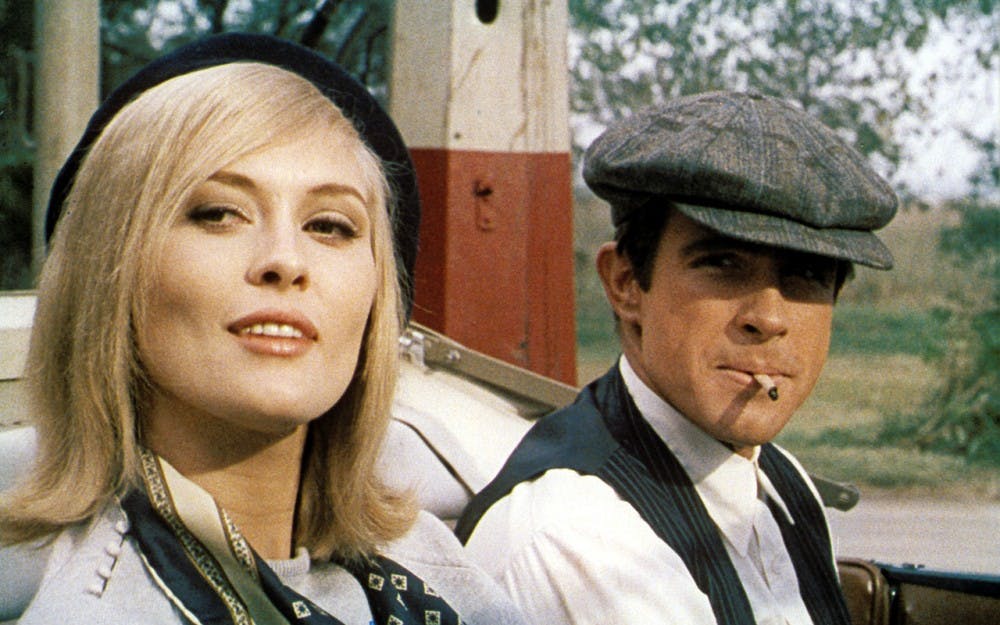Warren Beatty and Faye Dunaway recently made headlines in association with the biggest Oscar snafu of all time.
It was not really their fault, but the sight of those two got me thinking about their legacy, and whether it will survive the hit.
After all, the two actors wouldn’t have been chosen to present the Oscar for Best Picture had they not already won their own accolades for “Bonnie and Clyde,” a classic of the New Hollywood era.
“Bonnie and Clyde” is based on the story of real-life outlaws Bonnie Parker and Clyde Barrow. They traveled around the country robbing banks during the Great Depression. The law enforcement of the time put a violent end to their reign of crime.
This movie was a sensation when it came out in 1967. Young people and members of the rebellious counterculture embraced it for its daring sensibility. The beret that Parker wears in the film became very popular.
Their performances elevated Beatty and Dunaway to the status of pop culture icons.
His role as Barrow provided Beatty a way to showcase for his charisma. This is especially apparent in a sequence where he convinces Parker, then a bored, relatively naive waitress, to join him on a crime spree.
Dunaway is excellent at reminding the audience of Parker’s ordinariness. For all of her glamour, she is still just a young woman who wants a better life. By zeroing in on this quality, Dunaway makes Parker eternally relatable.
The supporting cast is excellent. Gene Hackman is fantastic as Clyde’s rambunctious brother. Gene Wilder is understatedly hilarious in his first film role.
This movie has a lot of great comedic moments. Some of the Barrow Gang’s early robberies feel like “Saturday Night Live” sketches. I particularly enjoyed the scene where Barrow tries to rob a bank, only to learn that it has failed due to the Great Depression.
Some of the best films create fully realized worlds. “Bonnie and Clyde” is no exception. Its poverty-drenched America feels so well-drawn that you can practically taste it. One shot of a tank-like police car is reminiscent of contemporary debates about the militarization of the police.
The technical side of this movie is superb. Editor Dede Allen creates a fantastic rhythm that sucks you into the story. Director Arthur Penn and cinematographer Burnett Guffey design a fantastic look for the film.
During the “New Hollywood” era, a period that stretched from 1967 to 1979, artistic directors like Francis Ford Coppola and Robert Altman had the freedom to make daring movies. These films often contained dollops of sex and violence that were once heavily censored. Some classics of this period include “The Godfather” and “Chinatown.”
“Bonnie and Clyde” is one of the most famous products of “New Hollywood” because of its willingness to break the rules of cinema that deteriorated throughout the 60s and 70s.
Today, the major players of that era are older and less active. Like Beatty and Dunaway, new generations might remember some of them more for random mistakes than anything else.
But masterpieces like “Bonnie and Clyde” will always be there for those who look for them.



